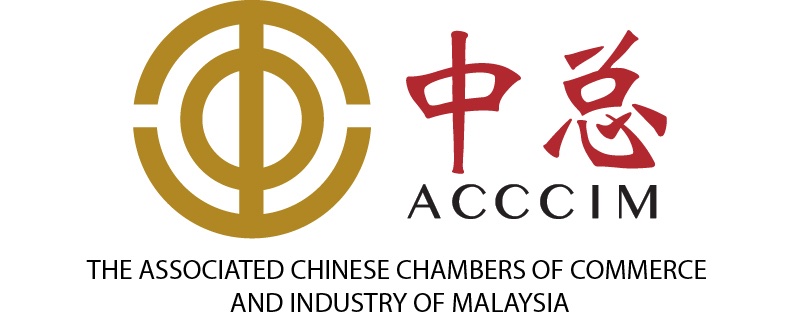This commitment is crucial given the strong bilateral trade relations between the two countries. The US is Malaysia’s second largest trading partner and largest export destination, with total trade in 2024 rising nearly 30% to RM324.9 billion (USD71.4 billion).
We believe that the Government will make its best effort to negotiate for a lower tariff before the revised new higher 25% tariff coming into effect on 1 August 2025. The chamber stands firmly behind the Government’s principle of having an open discussion with the US in developing a well-considered, and comprehensive as well as mutual benefits trade framework for both countries.
The chamber also supports the Government’s stand that any negotiations must ensure our national interest comes, particularly safeguarding the interest of small and medium-sized enterprises (SMEs), and mitigating potential adverse effects on domestic industries and employment.
President of ACCCIM, Datuk Ng Yih Pyng expresses concerns about the cumulative impact of multiple cost increases on businesses, especially amidst a challenging global and domestic economic environment as well as tariffs policy uncertainty.
The potential impact of tariffs not only would dampen exports but also have negative spillover effects on domestic sectors. These tariffs headwind and global external uncertainties come at a time when companies are already facing higher operating costs due to the implementation of multiple cost measures. This adds to the financial strain on businesses, potentially impacting the ability to invest.
In this regard, the chamber respectfully urges the government to reconsider our proposal for a reduction in the expanded Sales and Service Tax (SST) rate to 4% for the first two years of implementation, down from the current 6% to 8%.









